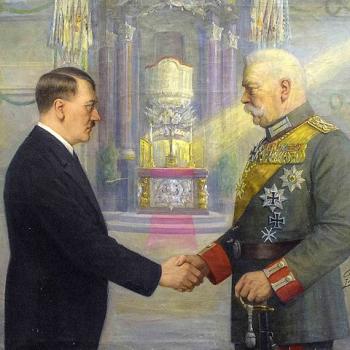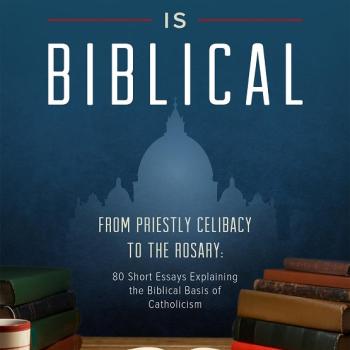In many ways, Japan is one of the world's most secular societies. By Western standards of religiosity (personal belief, individual membership, embrace of doctrines and scriptures), most Japanese do not appear to be very "religious." But when monstrosity strikes, the character of a culture is revealed. In the case of Japan, the imagery of disaster also includes the visage of a Buddha, reflected in the faces of millions of ordinary Japanese standing in line for aid, searching ruins for loved ones, and lending a helping hand to others: calm, compassionate, and concentrated. Such an image still inspires Japanese and others who cope with the inevitable loss and suffering that living and dying as impermanent, interdependent beings entails.
This article was first published at Religion & Ethics NewsWeekly. Reprinted with permission from Religion & Ethics NewsWeekly, a PBS production of WNET. All rights reserved.





